New paper: How Do Salmon and Trout Handle Life in a River Rollercoaster? New Study Reveals Surprising Answers
Posted by Louis Addo | PapersBy Louis Addo, Lise Meneboo, Mahboobeh Hajiesmaeili, John J. Piccolo & Johan Watz
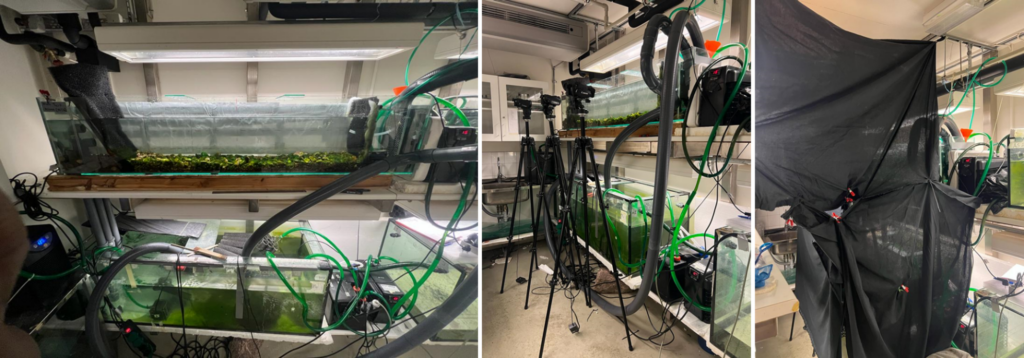
In the world of riverine fish, life isn’t always calm and flowing. In fact, for young Atlantic salmon and brown trout, the river can sometimes feel like a wild rollercoaster ride—especially in areas impacted by hydropeaking, where dam operations cause rapid and frequent changes in water flow.
A new peer-reviewed study led by Louis Addo and colleagues at Karlstad University investigates how sudden shifts in flow affect the foraging behavior, social dynamics, and habitat use of young salmon and trout. The study’s twist is that it examines whether it matters whether the two species were raised together (sympatric) or separately (allopatric).
What Did They Find?
Contrary to what many ecologists might expect, the study found that:
- Rapid flow fluctuations did not impact how well the fish could forage for drifting food.
- Group composition, not flow, was the big game-changer when it came to social spacing (nearest neighbor distance) and microhabitat selection.
- Salmon stayed closer to the bottom of the tank regardless of conditions, suggesting a preference for stable positions, while trout were more mobile, especially when raised with salmon.
So, does hydropeaking make life harder for juvenile salmonids? Not necessarily. The findings suggest that as long as the water stays within a certain range of temperatures and flows, the fish adapt surprisingly well.
Why does this matter?
Many environmental models that simulate salmon and trout populations often leave out behavioral details like social spacing and microhabitat selection under changing flow. This study provides encouraging news: those simplifications may not lead to big errors, at least when it comes to modeling energy intake and growth.
In other words, salmon and trout parr seem to hold their own in fast-changing rivers, using different strategies to navigate their environment—some stick together, some spread out, some hug the substrate—depending on who they’re with.
Big Picture
As river managers, ecologists, and hydroelectric developers look for ways to balance renewable energy with aquatic biodiversity, studies like this are crucial. They remind us that behavioral flexibility in fish may be a powerful buffer against environmental change—though we shouldn’t assume they’re invincible.
This paper is open access and can be downloaded on https://onlinelibrary-wiley-com.bibproxy.kau.se/doi/epdf/10.1002/rra.4464
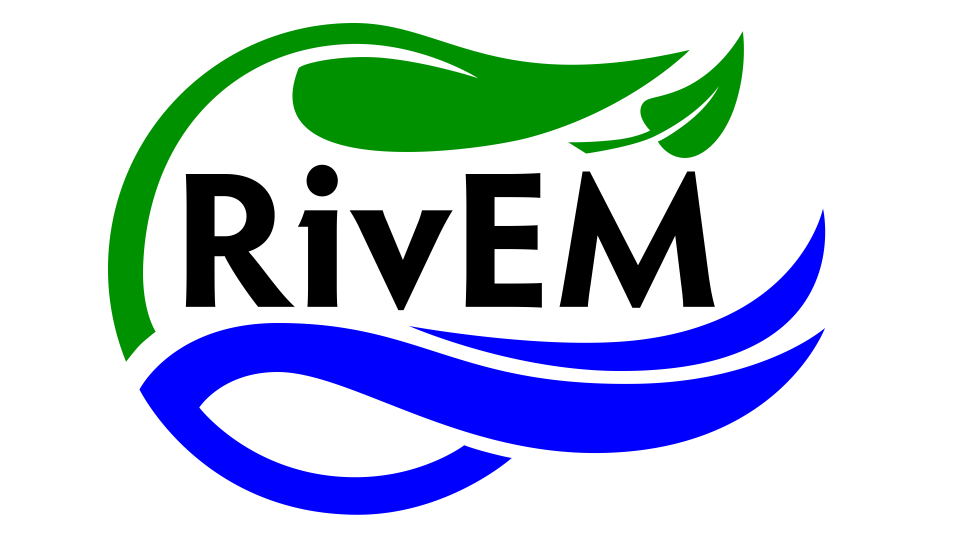



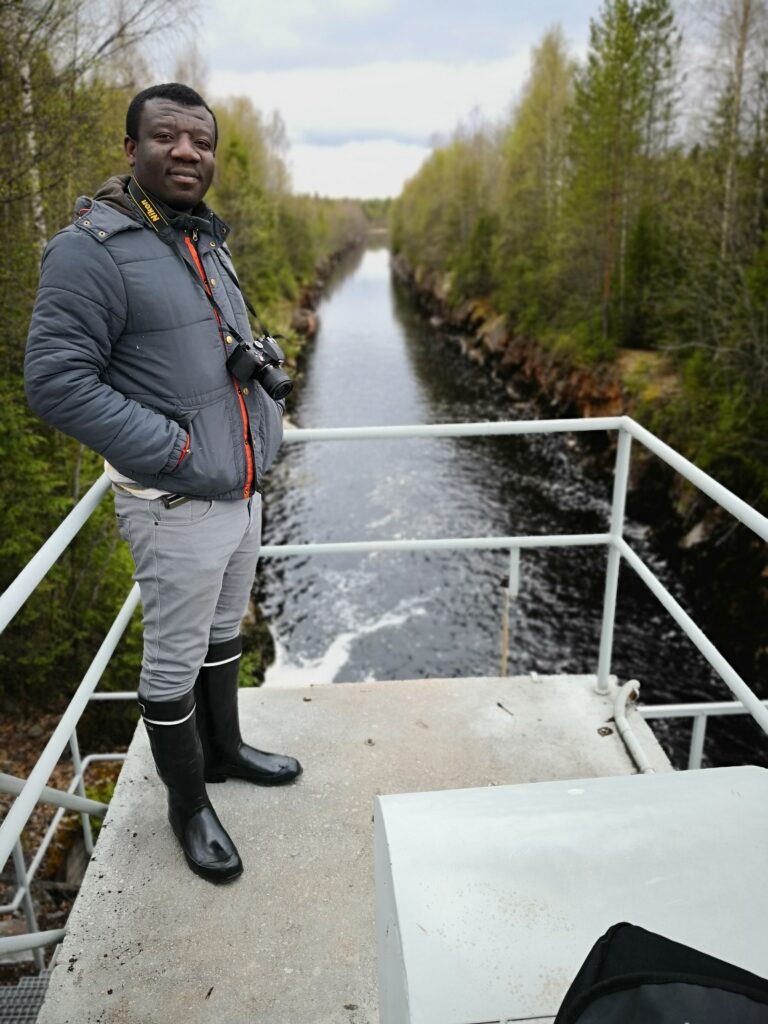
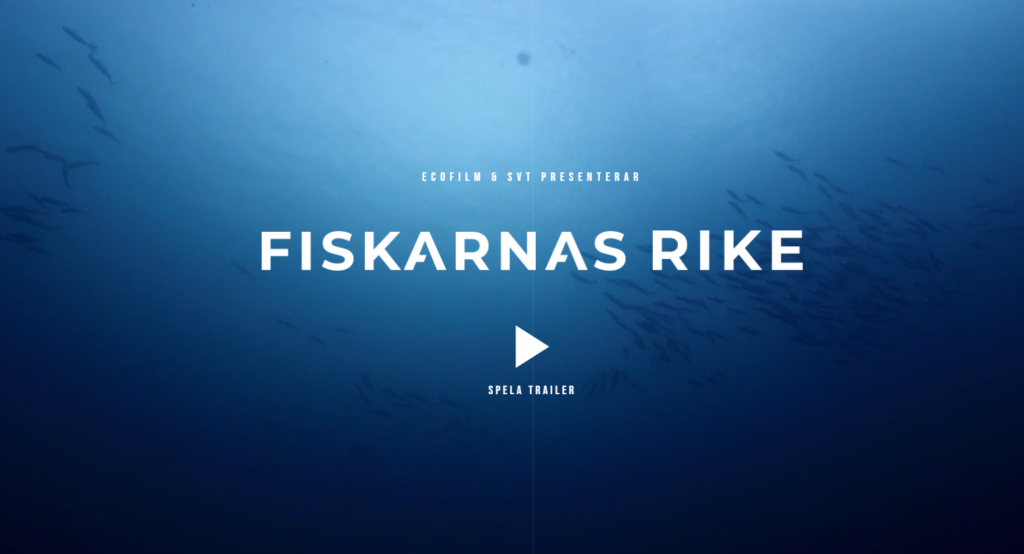
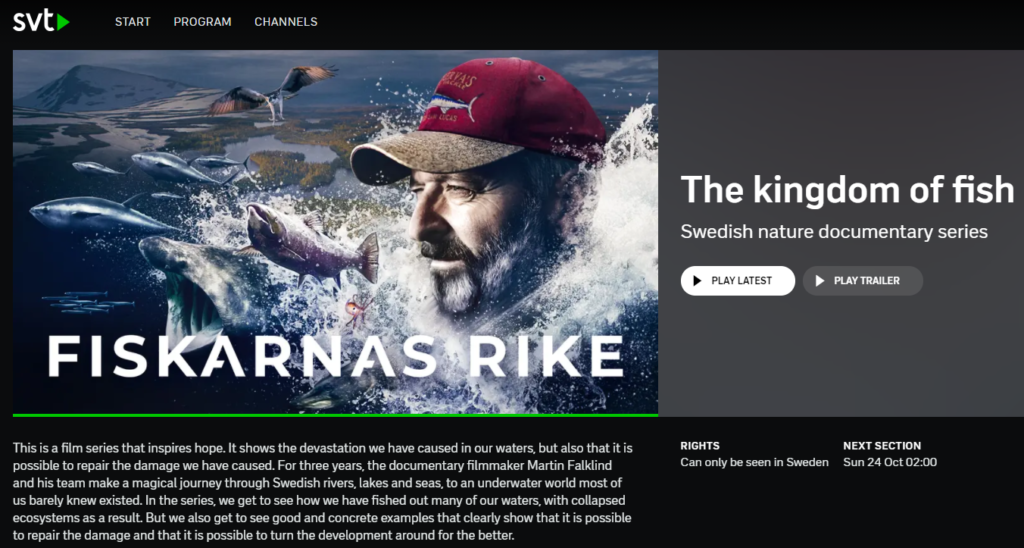
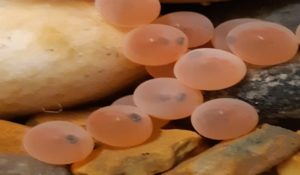
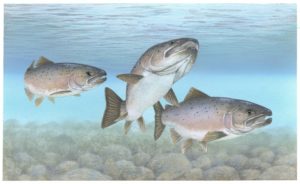
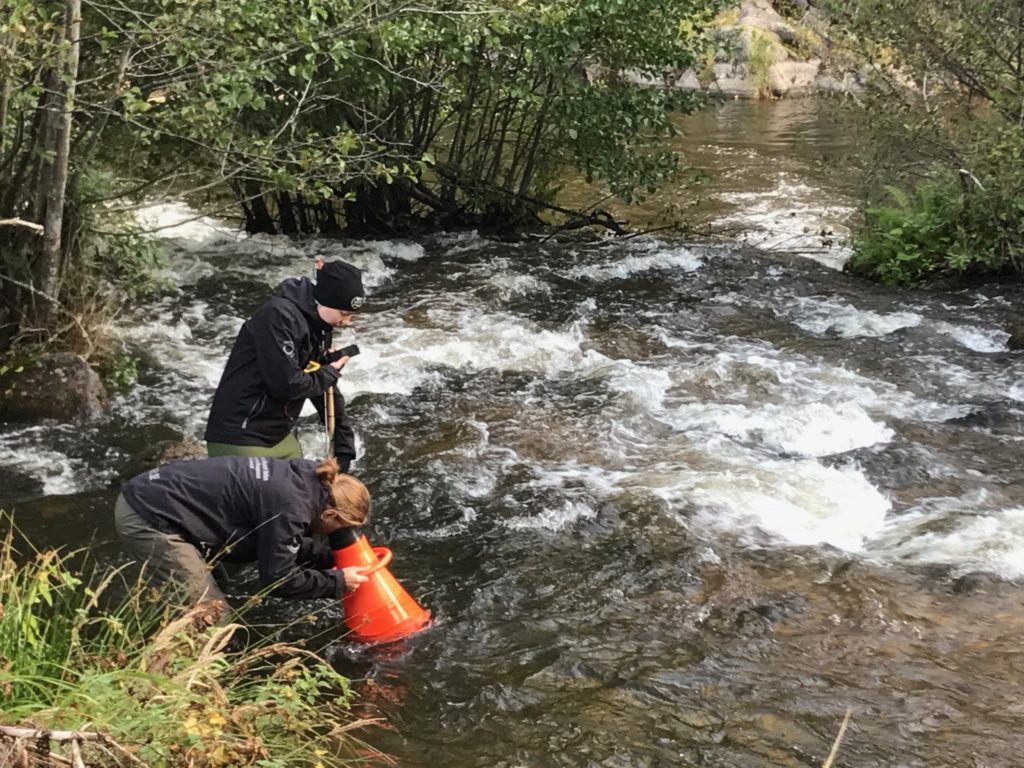
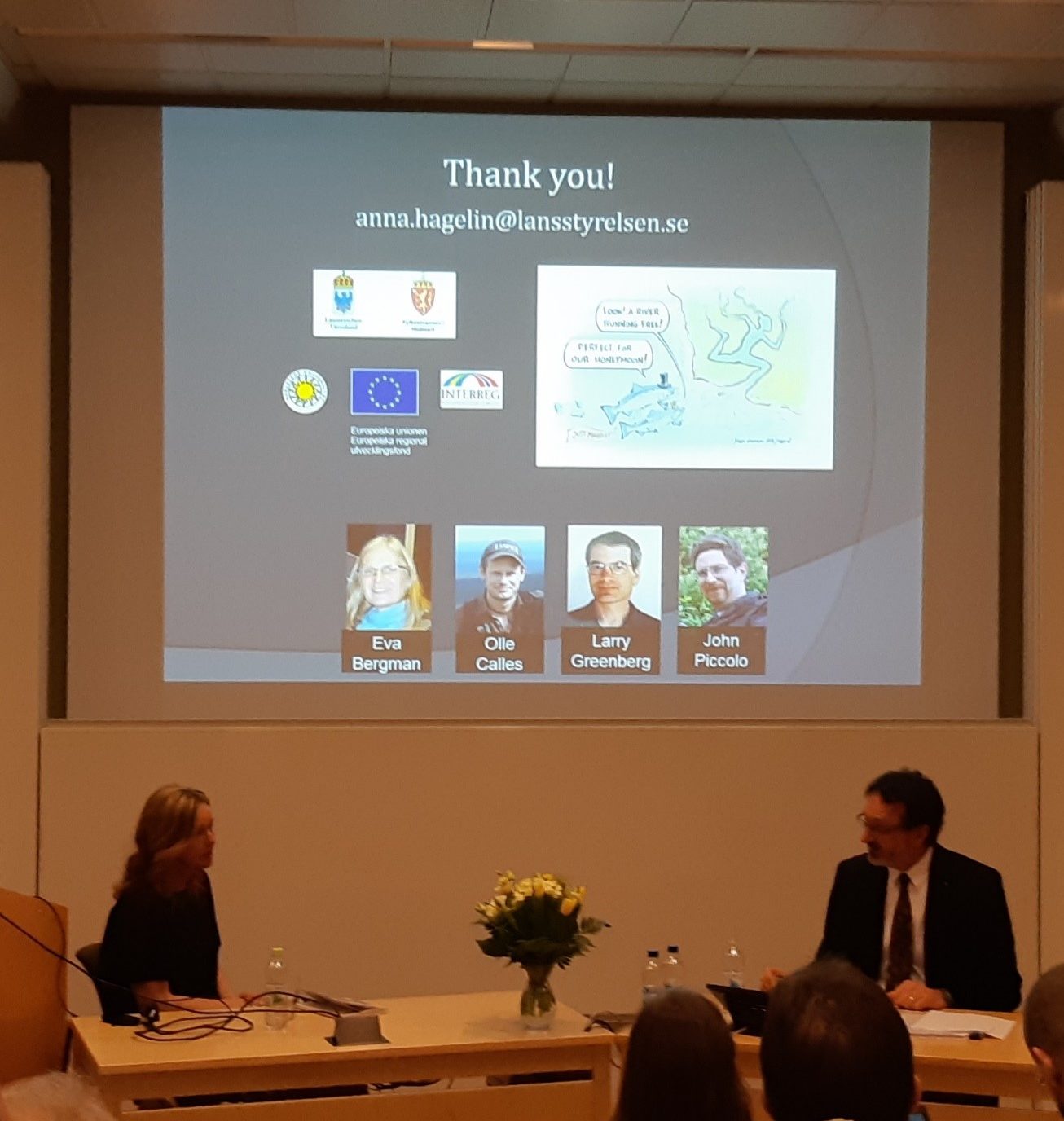
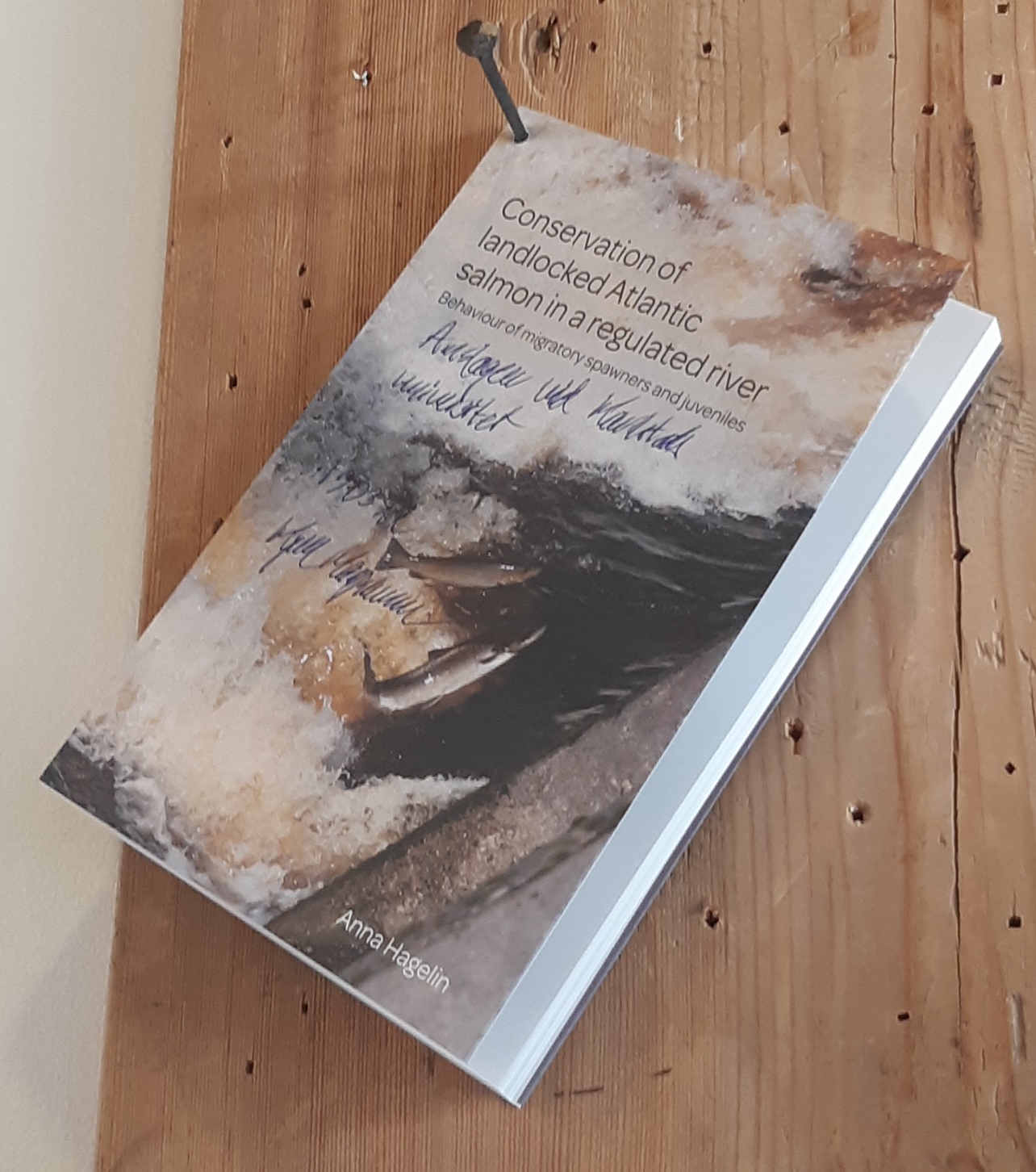
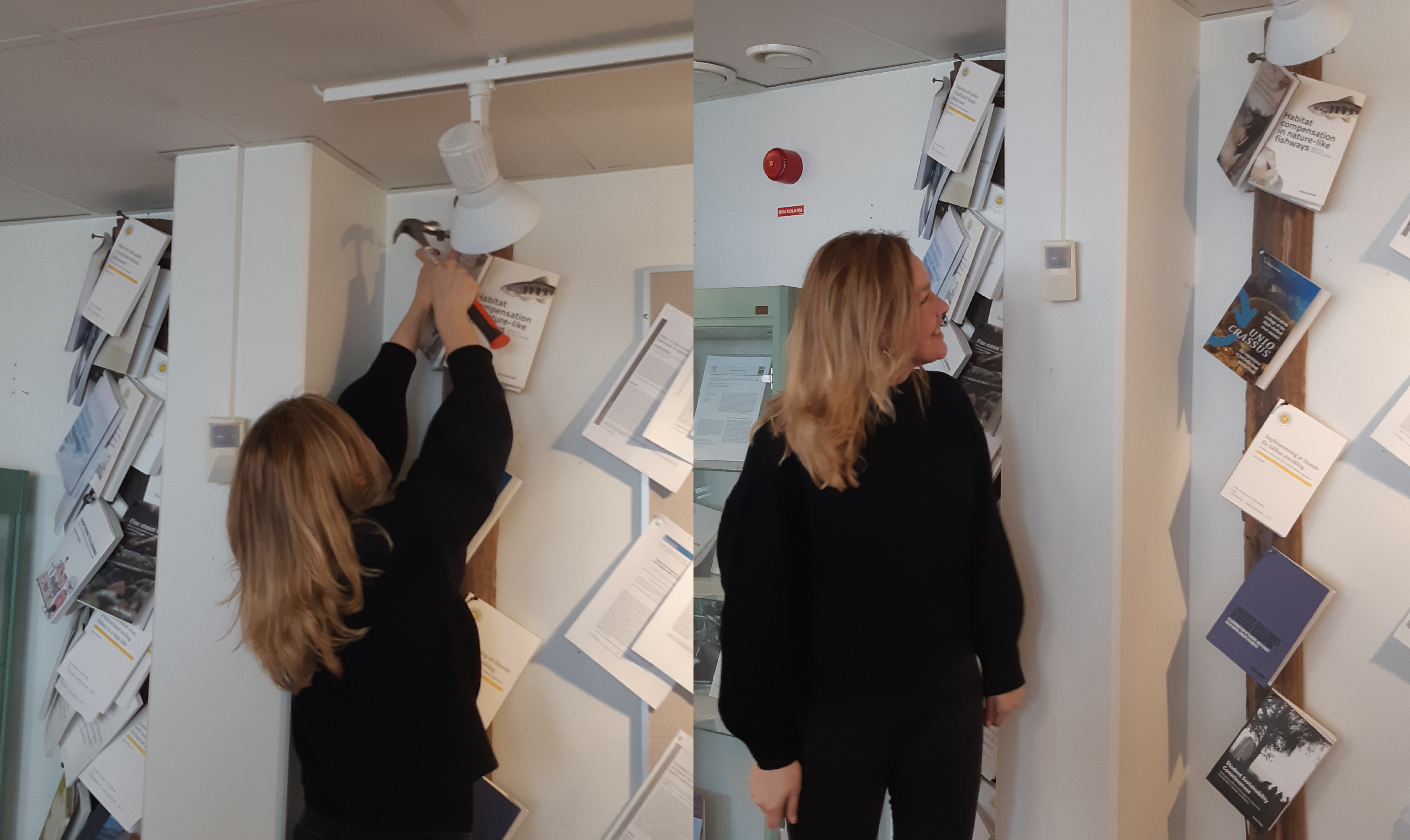
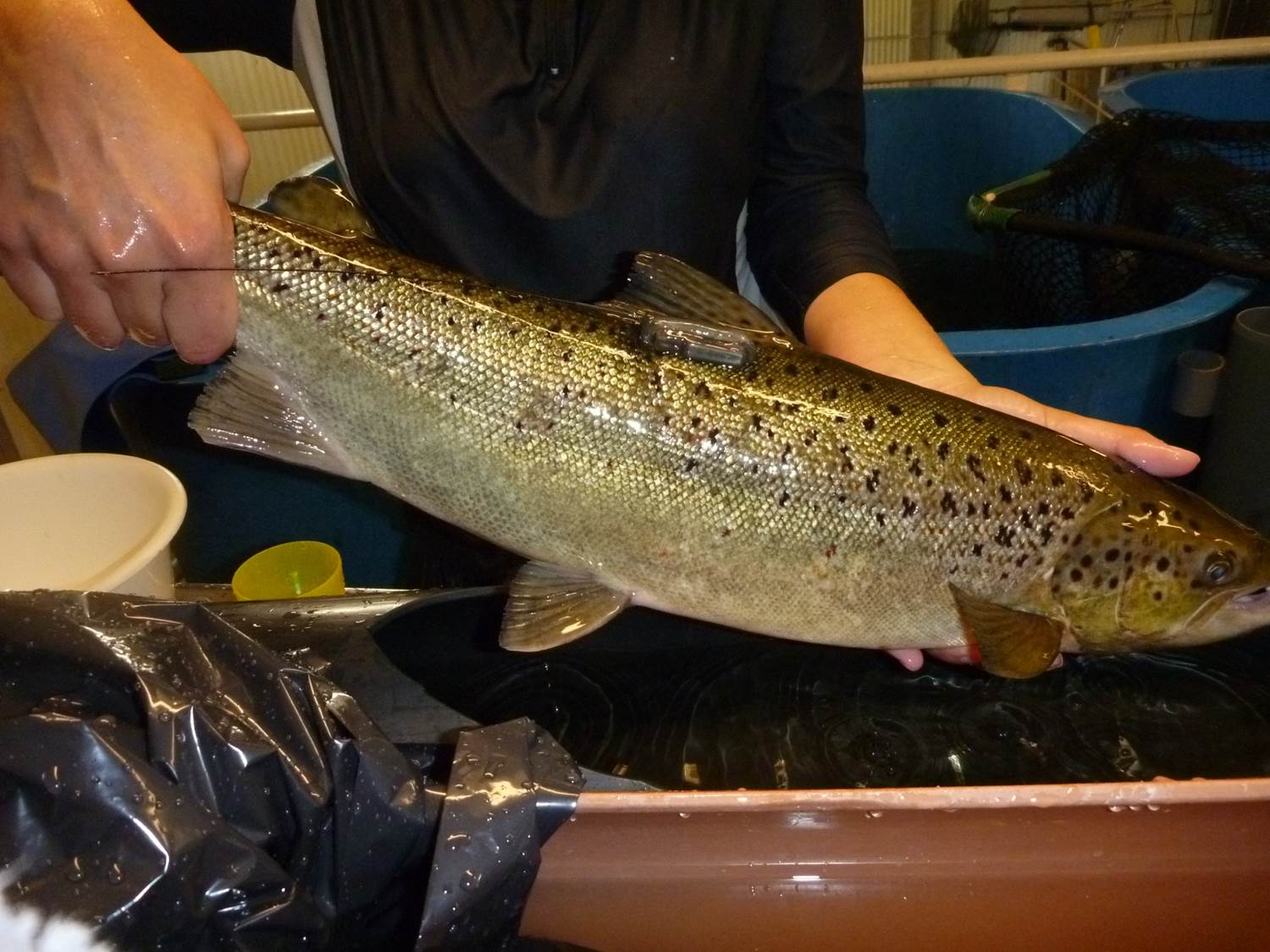 On Tuesday 5 March (tomorrow)
On Tuesday 5 March (tomorrow) 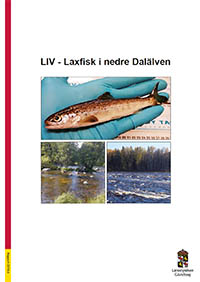 För några veckor sedan, 8 mars, publicerades ett inlägg på nrrv.se om
För några veckor sedan, 8 mars, publicerades ett inlägg på nrrv.se om